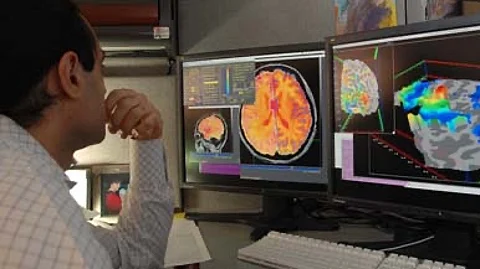Through the study, researchers discovered that depletion of gut bacteria led to hyperactivation of the HPA axis, with stress responses varying depending on the time of day. Findings showed that certain bacterial strains, such as Limosilactobacillus reuteri, play an essential role in modulating the release of glucocorticoids (stress hormones), thus linking the circadian rhythm of gut microbiota to variations in stress responsiveness.
According to Professor John Cryan, lead investigator, the gut microbiome’s influence extends beyond digestion, significantly affecting brain responses to stress in a circadian manner. Dr. Gabriel Tofani, the study’s first author, emphasized the importance of microbial changes across the day in shaping how stress is managed. With this breakthrough, the research opens up exciting possibilities for using microbiota-based therapies to improve mental health by stabilizing stress responses through the gut-brain connection.
As stressed lifestyles and irregular routines become more common, researchers underline the need for a balanced microbiome in stress management. According to Professor Paul Ross, Director of APC Microbiome Ireland, these insights bring scientists closer to developing interventions targeting specific gut bacteria to prevent or manage stress-related disorders.
In conclusion, this pioneering research brings renewed attention to the profound impact of gut microbiota on mental health, specifically through its role in regulating stress in sync with the body’s natural circadian rhythms. The discovery that specific bacteria like Limosilactobacillus reuteri can modulate stress hormone release in a time-dependent manner offers a promising direction for future therapies aimed at improving resilience to stress. As Professor Paul Ross noted, the study underscores the potential of microbiome-based interventions to support mental health. By understanding and harnessing these complex gut-brain interactions, scientists move closer to new treatments for anxiety, depression, and other stress-related disorders.
Reference:
1. Gabriel S.S. Tofani, Sarah-Jane Leigh, Cassandra E. Gheorghe, Thomaz F.S. Bastiaanssen, Lars Wilmes, Paromita Sen, Gerard Clarke, John F. Cryan. Gut microbiota regulates stress responsivity via the circadian system. Cell Metabolism.2024.https://www.sciencedirect.com/science/article/pii/S1550413124003991
(Input from various sources)
(Rehash/Ankur Deka/MSM)


